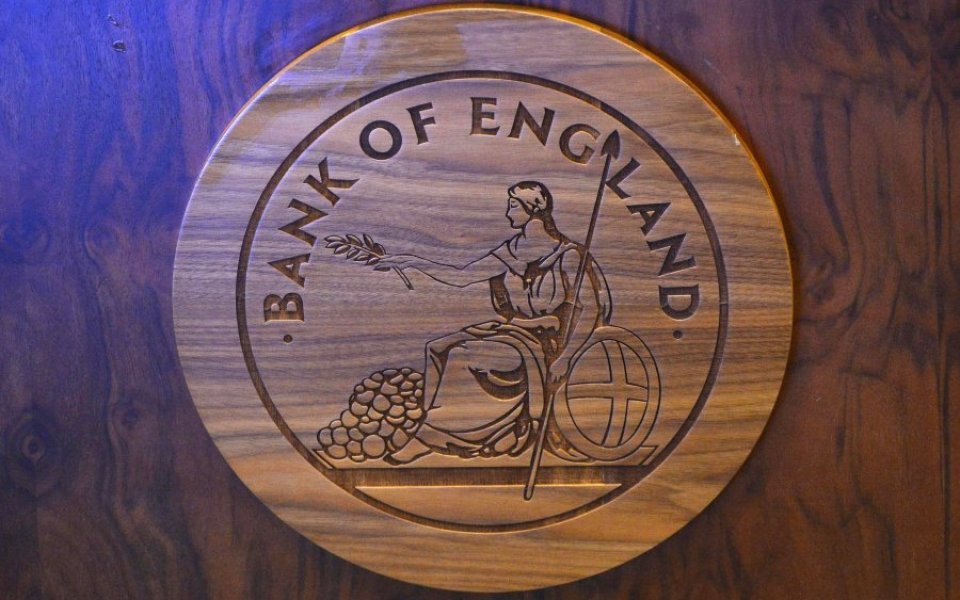Bonus clawback rules: The Bank of England’s Andrew Bailey wants tougher bonus buy-outs

The Bank of England (BoE) wants banks to be able to claw back their employees' bonuses even after they've moved to a new company.
The Bank's Prudential Regulation Authority (PRA) has put forward new rules to tackle the issue surrounding bonus buy-outs, which can help individuals evade a body of regulation designed to stop banker misconduct in the wake of the financial crisis.
Bonus buy-outs are when a bank compensates a new employee for any unpaid bonus which was cancelled when they left their previous company.
The new rules would allow banks to clawback bonuses, or reduce or refuse payouts that are yet to be vested, once an employee has left. However, new employers could still apply for a waiver if they believe it's manifestly unfair or unreasonable.
"Today's proposals seek to ensure that individuals are not rewarded for bad practice or wrong-doing and should help to encourage a culture within firms where reward better reflects the risks being taken," Andrew Bailey, deputy governor for prudential regulation and chief executive of the PRA, said.
Read more: Bankers' bonuses could drop by 10 per cent due to reduced number of IPOs
Three other potential solutions had previously been put forward including banning buy-outs, forcing old employers to keep unvested awards rather than cancel them or the sole reliance on clawbacks for bonuses already vested.
Steven Cochrane, a remuneration expert at law firm Pinsent Masons, said: "Conceptually, this is certainly a pragmatic solution."
"However, as with so many policy decisions within financial regulation, the devil will really be in the detail and the system could be fraught with difficulty."